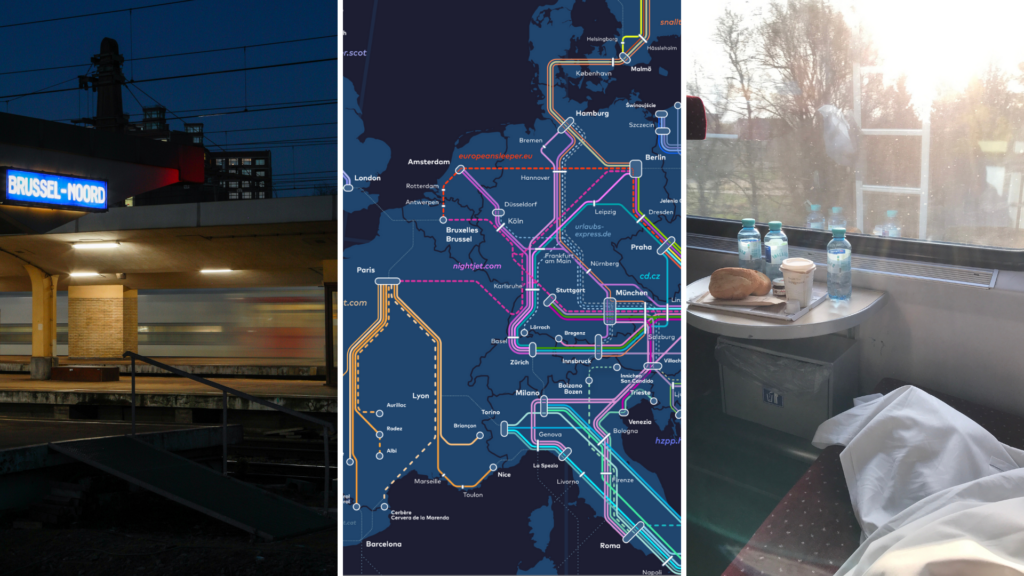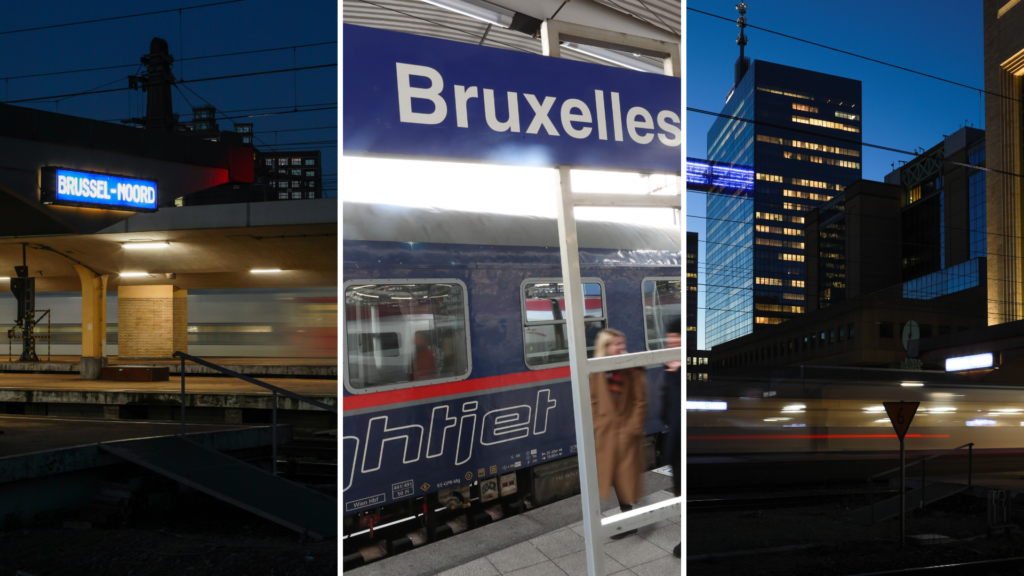There's a reason Europe is the throbbing heart of global tourism, the wealth of landscapes and cultures are the envy of the rest of the world and attract millions of visitors each year to the fount of Western civilisation.
For us who call the continent home, the hunger to discover the region has been fed by the ease of getting there. Whether on weekend trips to the seaside or city breaks, our wanderlust has been indulged by airlines eager to cater to an increasingly mobile clientele. But as the impetus to clean up our climate act grows, attention is shifting from where we go to how we get there.
In this context, the kerosene-guzzling machines that have become the people’s choice to zip through European airspace are losing their vogue. The carbon-neutral promise of SAF (sustainable aviation fuel) falls apart under scrutiny and could hardly be cultivated at the necessary scale. And despite some intrepid endeavours, hydrogen is years away from being viable for commercial jets. Besides, electrolysing water to pull the flammable gas apart from its molecular partners requires about four times more energy than burning it produces.
All of which has strengthened the case for international trains; given the choice who wouldn't prefer a convenient rail link to the emissions-heavy planes that have brought the further reaches of Europe within tantalising reach? Whilst high-speed trains can deliver us to distant destinations astoundingly quickly, the lines they operate on are prohibitively expensive.
If one wants to be time-efficient and eco-friendly in how they travel the continent, night trains provide the answer, at least in theory. The reality is rather more complex, with dated rolling stock limiting passenger comfort and potentially spoiling a good night's sleep (which undermines the concept altogether). Throw in the tax breaks that keep us hooked on cheap flights, a lack of harmonisation between national rail networks, and unequal competition stacking the odds against newcomers like the European Sleeper, and the future of night trains looks less certain than it really should be.
It's a sector brimming with promise and impediments, which I explore in detail here. Can night trains make the leap from a more niche transport mode to an airline-beating everyman’s option?
Let @Orlando_tbt know.
Belgium in Brief is a free daily roundup of the top stories to get you through your coffee break conversations. To receive it straight to your inbox every day, sign up below:
1. Tom Van Grieken: An interview with the man who wants to destroy Belgium
Vlaams Belang, which seeks Flemish independence, is currently Belgium’s most popular party. Its leader, Tom Van Grieken explains why he thinks Belgium needs to break up, why most migrants should be stopped and why Brussels belongs to Flanders. Read more.
2. Full steam ahead? Laying the tracks for night trains in Europe
Can we achieve the winning combo of efficient and comfortable travel that doesn’t cost the Earth? With the right directions from policymakers, a new era of European rail might be around the corner. Read more.
3. Making sense of the Belgian elections
Half of the world’s population will vote this year, but in Belgium, people will go twice, to elect four different governments. Read more.
4. Flemish drinking water highly polluted with PFAS, but purifying costs millions
One in six analyses of drinking water in Flanders found that concentrations of the man-made chemical PFAS were above the safety limit set by the European Food Safety Authority (EFSA). However purifying the water will cost millions of euros, which would likely increase bills. Read more.
5. Brussels police ordered to shut down far-right 'NatCons,' talks still ongoing
Brussels police are taking steps to shut down the controversial National Conservative Conference ('NatCons') taking place at the Claridge venue hall in the Brussels municipality of Saint-Josse-ten-Noode on Tuesday, following an order from Mayor Emir Kir. Read more.
6. Patients often unfairly pay for material supplements in Flemish hospitals
Patients often wrongly pay supplementary costs for materials in Flemish hospitals, according to a survey of 15 hospitals by health insurance fund Solidaris. They are normally not allowed to charge extra for medical care material, but it often happens – violating patients' rights. Read more.
7. Brasschaat: A night in the suburbs of Antwerp
This is leafy green suburbia at its finest, full of walnut trees, prosecco parties and Dutch tax avoiders. Read more.


